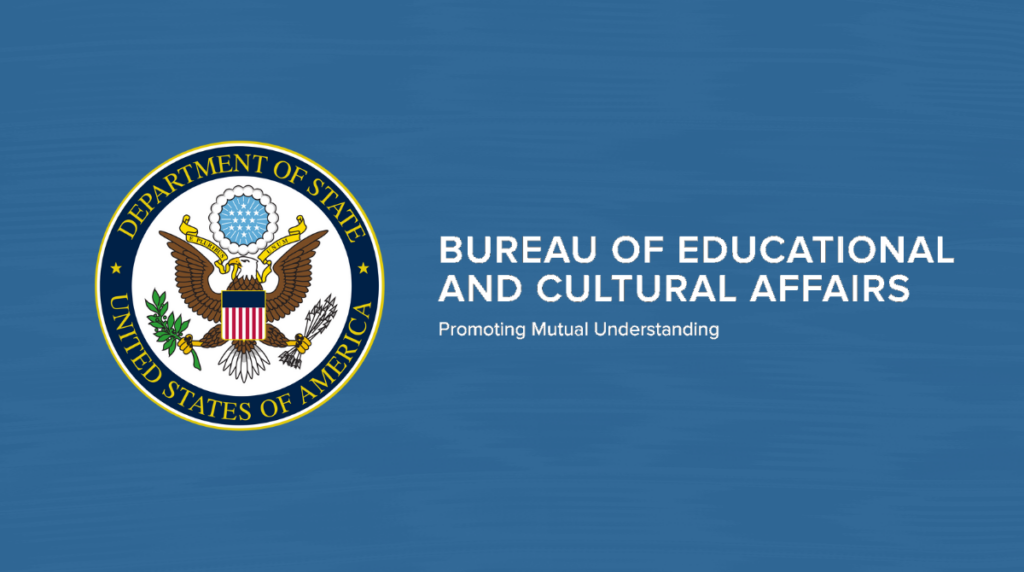Testimony of Peter Irwin for Consideration by the Cultural Property Advisory Committee

June 5, 2023
Peter Irwin, Senior Program Officer
Cultural Property Advisory Committee Meeting to review proposed extension of the U.S. cultural property agreement with the Government of the People’s Republic of China
Virtual OpenSession
Thank you Chair.
I am speaking on behalf of the Uyghur Human Rights Project (UHRP) and I’d like to make brief comments on the Request for Renewal of the 2019 MOU Between the US and China.
The MOU states that “…China shall use its best efforts to increase funding and professional resources for the protection of cultural heritage throughout the country…” and “expand efforts to educate its citizens about the long term importance of safeguarding its rich cultural heritage…”
China has not fulfilled criteria under U.S. law governing such MOUs, which requires that the State Party involved must have taken measures consistent with the 1970 UNESCO Convention to protect cultural patrimony.
Although the MOU focuses on the restriction of certain imports to deter looting and illegal export, more broadly construed, the MOU requires that China protect its cultural heritage.
Based on the information we’ve provided, extension of this MOU would affirm that the Chinese government is protecting its cultural heritage despite clear evidence to the contrary.
We know that the government of China is committing crimes against humanity and genocide in the Uyghur region (recognized in January 2021 by the State Department). One primary element of which has been a systematic campaign to eradicate Uyghur culture, religion, and language, including the destruction of sacred cultural and religious sites, and the marginalization of UNESCO-listed heritage.
Our own research shows that the Chinese government firmly controls the management of the cultural heritage in the Uyghur region, which is then used to promote the government’s chosen versions of history and culture, regardless of established historical fact and the rights of communities and culture bearers themselves.
This includes bans on grassroots cultural practices; detention and imprisonment of culture bearers; forced expulsion of residents from their ancestral lands; and environmental damage to heritage sites.
We’ve found that between ten and fifteen thousand religious sites, including mosques and shrines, have been destroyed or damaged by the government since 2016. Mosques have been forced to remove Islamic architecture or Arabic writing, including the crescent moon or domes and minarets.
We’ve carefully documented the near-total destruction of the Old City of Kashgar, a 2000-year-old city lying on the ancient Silk Road route, 85 percent of which was demolished between 2009 and 2017, displacing hundreds of thousands of residents without consultation. A UNESCO cultural specialist in Beijing called the treatment of the city “one of the black spots of heritage conservation.”
We have also documented the harassment, detention and imprisonment of hundreds of Uyghur and Turkic intellectual and cultural elites. This includes teachers, scholars, researchers, poets, and musicians. We consider this a component of genocide; the assault on intellectual and cultural elites meant to exterminate Uyghur cultural identity.
UHRP therefore recommends that the MOU not be extended, given that the Chinese government is clearly unwilling to protect cultural heritage across the country, and has taken steps to marginalize and eliminate critical tangible and intangible heritage in the Uyghur region.
Thank you.
